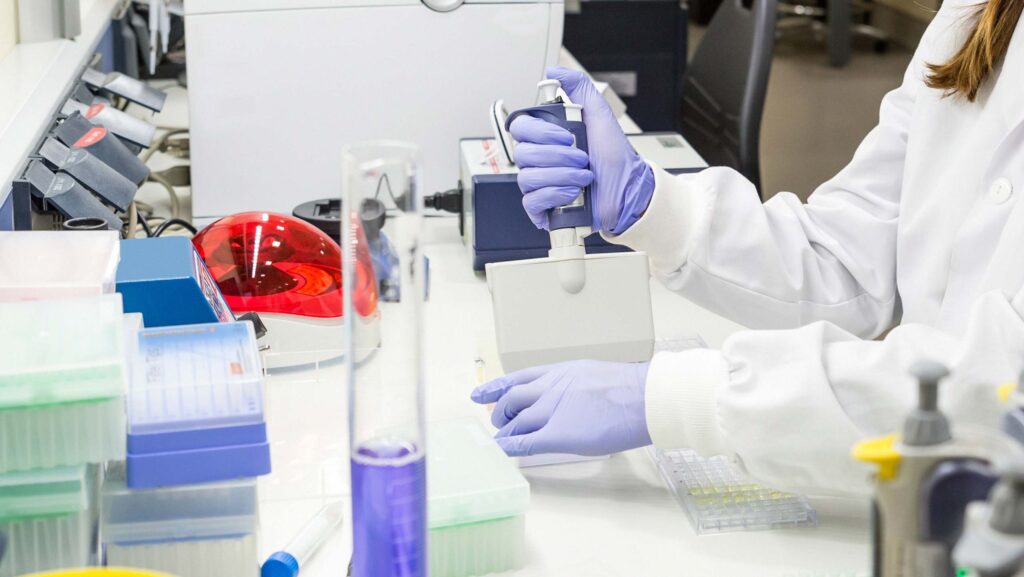Steve Reed announces £1bn for National Biosecurity Centre
 © Adobe Stock
© Adobe Stock Defra has announced a £1bn investment in a new National Biosecurity Centre (NBC) in Surrey, marking the next phase in the redevelopment of the Animal and Plant Health Agency (Apha) facility at Weybridge.
Around £208m in funding over two years was pledged in the autumn 2024 Budget to transform the facilities.
Defra and Apha have recently been criticised by a National Audit Office report for being insufficiently prepared to respond to a severe animal disease outbreak.
Out-of-date infrastructure, particularly relating to the government’s animal science facility at Weybridge, were cited as a challenge to managing diseases outbreaks in the UK.
See also: UK found ‘unprepared’ for severe animal disease outbreak
The Environment, Food and Rural Affairs committee has also previously concluded that the facility’s poor state left the UK exposed to biosecurity threats.
Announcing the additional funding, Defra secretary Steve Reed said: “Farmers and food producers will now be better protected from diseases, our food security strengthened, and public health better safeguarded against future pandemics.”
Enhanced detection and control capabilities
The new facility, Defra said, will enhance the country’s detection, surveillance and control capabilities for high-risk animal diseases such as avian influenza, foot-and-mouth disease and African swine fever, while enhancing the UK’s ability to manage concurrent disease outbreaks.
The National Pig Association has welcomed the funding.
“The recent National Audit Office report reiterated that the full rebuild of the Apha facilities at Weybridge will require a total of £2.8bn worth of investment over 15 years,” said Tom Haynes, senior policy adviser at NPA.
The announcement, he added, shows a long-term commitment from the government to the improvement of this “vital piece of national infrastructure”.
Preparatory work under way
The NBC will join a network of national centres set up by the Cabinet Office under the UK Biological Security Strategy and it is understood that preparatory work at the Weybridge site is already under way.
The first interim labs to support critical science are expected to be ready in 2027 and 2028.
Defra added that the main construction works start in 2027, with the full NBC live and operational in 2033-34.
Jenny Stewart, senior science director at Apha, said the funding is a vital milestone in the delivery of a world-leading facility that will protect the UK from animal disease threats for decades to come.
Disease prevention
Whilst the news was overall welcomed by the Association of Independent Meat Suppliers (Aims), it said more needs to be done to keep disease out of the country.
“Wherever possible all measures need to be taken to ensure that animal diseases don’t arrive in the first place. This will require more investment on border security at the ports and airports,” said head of communications Tony Goodger.
“Such are the risks of animal disease to the UK economy that there is, we believe, an absolute imperative that all of the home nations have a joined up approach to disease control and not the fragmented position that we are going to see on 1 July, with the Welsh government’s approach to bluetongue,” he added.
